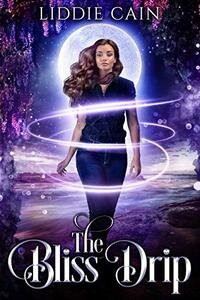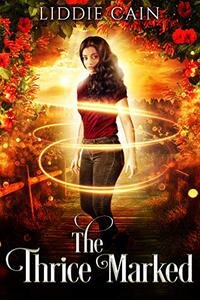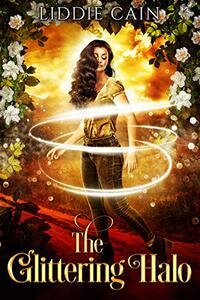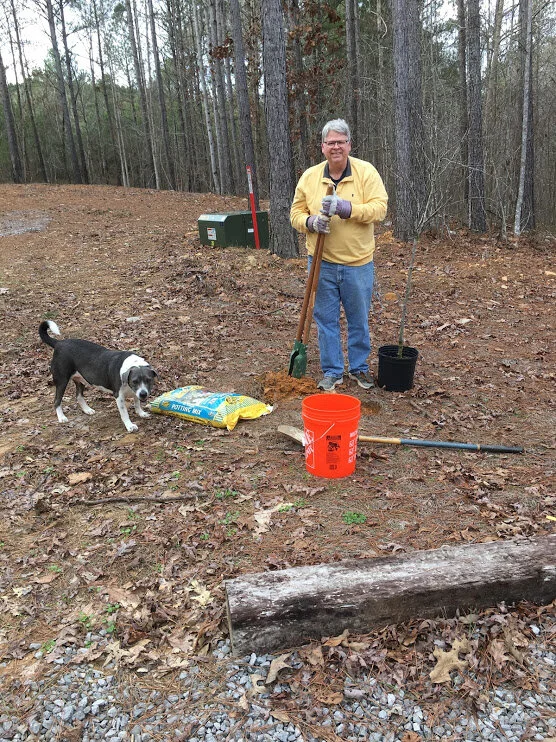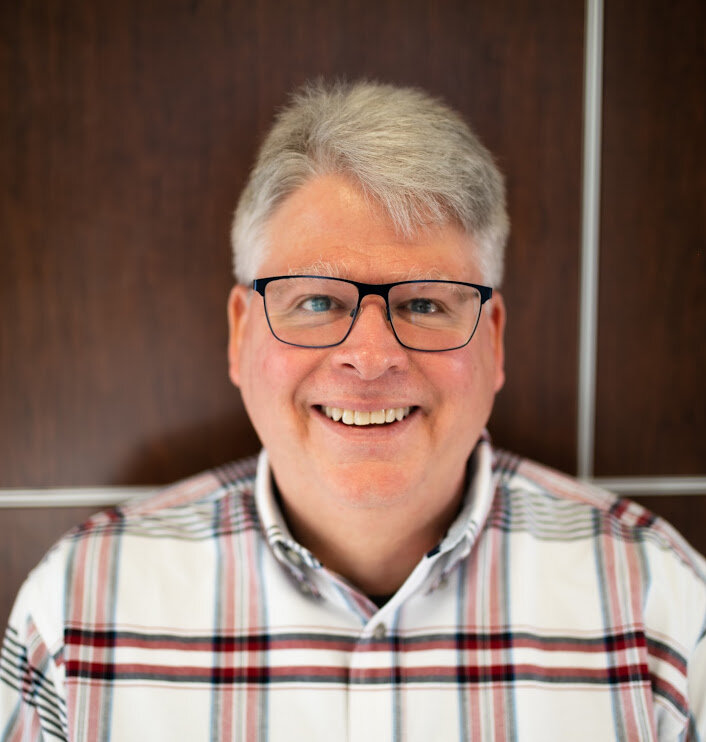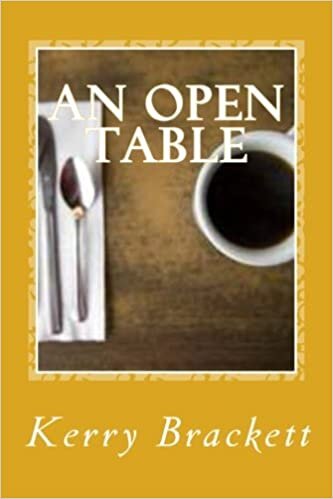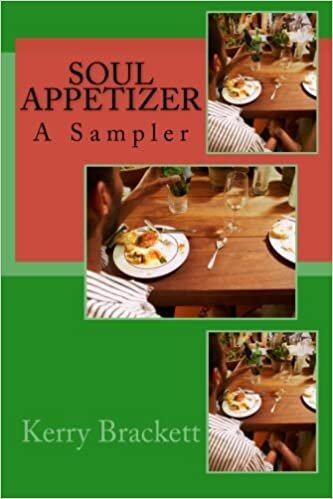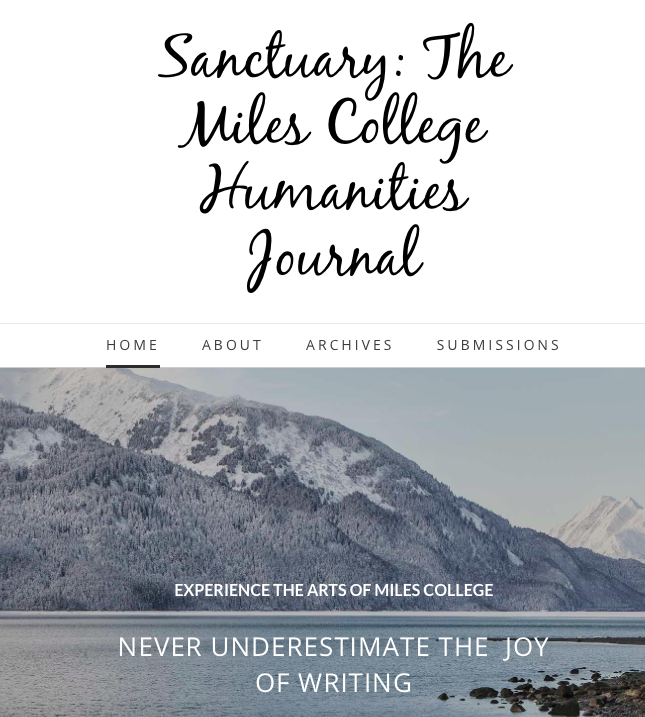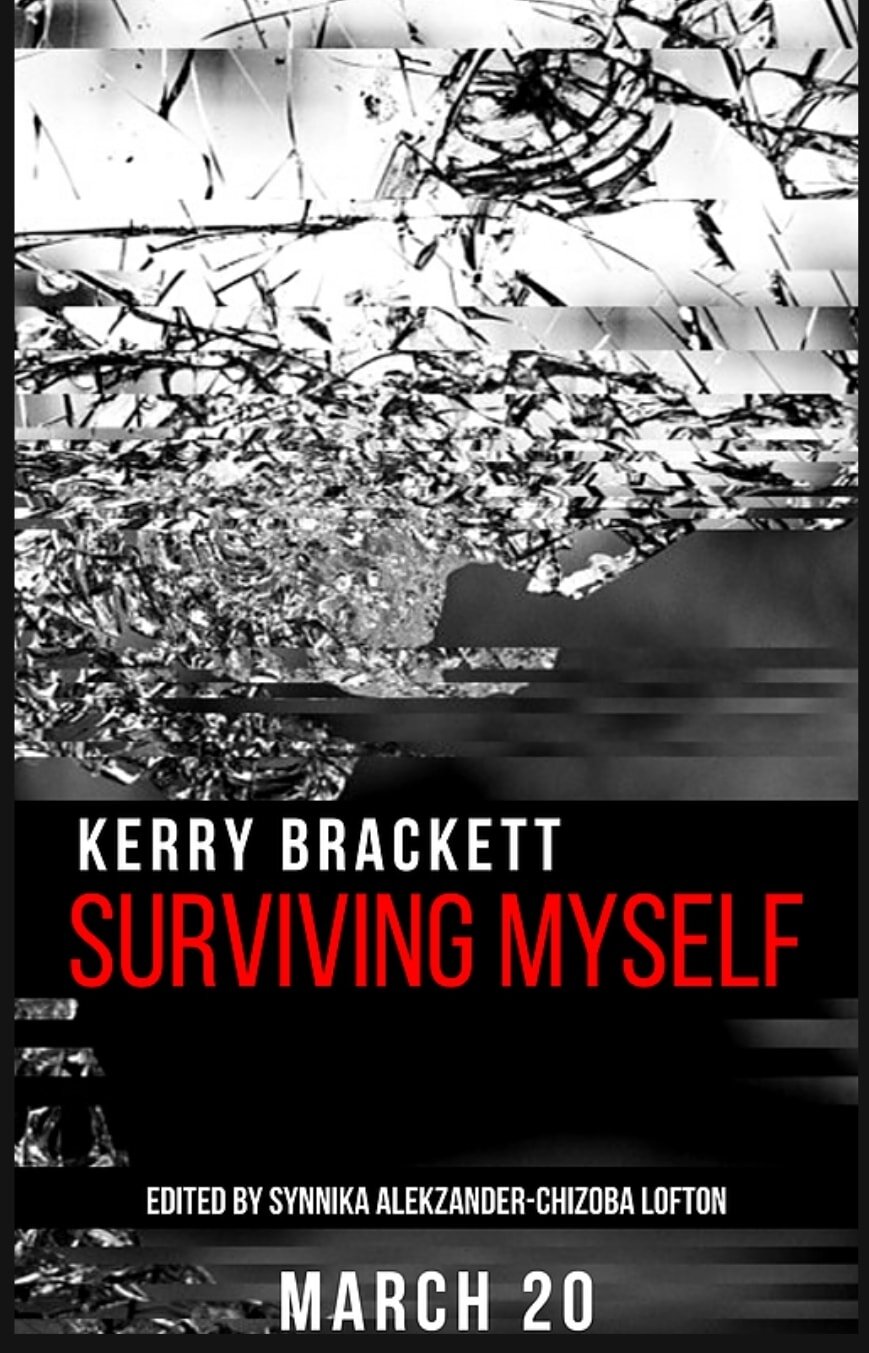Meet AWC Board Member, Katie Boyer. Trained as a journalist and employed as a teacher, Katie Boyer counts storytelling as one of her great passions. Her work has been published in The Magazine of Fantasy & Science Fiction, James Gunn's Ad Astra, and Birmingham Arts Journal. A short film she wrote and produced screened at the 2019 Johnson City Film Festival. She lives in Birmingham and teaches composition, creative writing, and literature at Jefferson State Community College.
1. Tell us about your background as a writer.
I’ve been writing since I was very young, though context and genre have shifted a lot over the years. I was on the yearbook staff in high school and college. I edited my high school’s literary magazine for a year, and I was editor-in-chief of my college newspaper. I actually went to college thinking I wanted to be a broadcast journalist, but I quickly switched to an English major. I went to graduate school for comparative literature, but when I almost had my MA, I realized I was far more interested in creative writing than academic writing. I started teaching literature, composition, and creative writing at Jefferson State Community College, and I completed an MFA in fiction at Spalding University in Louisville, Kentucky. When I was almost finished with the MFA, I decided to take up screenwriting. I guess you could say I’m restless. Or maybe that I like to try new genres.
2. What hats do you wear as a writer?
Right now I’m still teaching at Jeff State. I also direct the Red Mountain Reading Series there, which invites 3-4 visiting writers a year, mostly in spring, and I edit our literary and arts magazine, Wingspan. I’m one of the coordinators of Pioneer Con, an annual event that’s half academic conference and half comic con. In what free time I have, I also write and edit the text of essays for the Trekspertise channel on YouTube, which is run by my husband Kyle Sullivan. Kyle owns a small video production services company called Screen Door Pictures, and we’ve got a couple of narrative film projects on the horizon.
3. What was your latest creative project?
Earlier this year I executive produced a short film from a script I wrote titled Garden of the Gods. It’s a modern, Birmingham-based adaptation of the Edgar Allan Poe story “The Cask of Amontillado.” Kyle directed the film, and we had a great local crew. The short is in post-production now, and we hope to screen at film festivals next year.
[ Now I’m going to borrow from some interesting questions from 50 Good Questions to Ask an Author by John Fox.]
4. What literary pilgrimages have you gone on?
I have a bit of an obsession with getting my writing space and my writing time just so, and I’ve always been fascinated with other writers’ working spaces. One summer in graduate school I had the chance to spend a semester studying Russian language and literature in St. Petersburg, Russia, and I spent a lot of time visiting the museums of famous writers so I could see what ‘material conditions’ had made it possible for them to write their masterpieces. The Dostoevsky museum is housed in the apartment where he wrote The Brothers Karamazov. There I learned that Dostoevsky would stay up all night, composing in his head, then recite pages of material to his wife in the morning. She would type the material, he would play with his kids for a while, then take a long nap, then wake up and edit the previous day’s pages in the evening. And so on until a masterpiece was achieved. One of many memorial spaces dedicated to poet Alexander Pushkin is in the apartments he lived in with his family, in a Petersburg mansion. There I saw what must be the world’s best writing desk. It has what I can only describe as “shelf drawers” all around, so that he could pull them one at a time as he needed more space for his papers. The drawers could nearly double the surface area of his desk. He even had a mobile version, a lectern-looking device that also had pull-out surfaces and which he could use as he sat on the very beautiful divan. I also toured the apartment of Soviet-era poet Anna Akhmatova, whose space was much smaller and more utilitarian. Akhmatova had only a small writing desk, no more than a hutch, really, but set in front of a window looking out on the building’s courtyard. I didn’t see any conditions in these places that I could fully reproduce, but I did at least come to the conclusion that there’s no universally-perfect setup for a writer’s room. Instead, I’m stuck with the conclusion that I’ll just have to make my space work with what I’ve got.
5. Does writing energize or exhaust you?
Dorothy Parker once said, “I hate writing. I love having written.” I can definitely empathize with that! I tend to be energized when I have a new idea and am just getting started. Exhaustion sets in for a lot of the middle, and it’s something to push through at the beginning of most writing sessions when the project is in the process of becoming real. Then I get energized again as I get to the end, or when I find a solution to a problem I’ve had in a piece. But I almost always find it worth the effort.
6. Does a big ego help or hurt writers?
I think ego helps when it extends far enough to give you confidence that you have something worth saying. Ego helps when it persuades you to spend time writing instead of doing something else. Ego helps when it makes you polish and sharpen a piece as much as possible so that it doesn’t embarrass you when it goes out into the world. You also need some kind of ego (or at least the appearance of one) to market your work in this oh-so-saturated landscape. On the other hand, though, I think ego becomes a hindrance when it blinds you to your mistakes or weaknesses. If your ego is so powerful that you can’t see how to make the work better, then it’s getting in the way. If your ego inspires you to hurt or belittle other writers, it’s also a problem.
7. Do you think someone could be a writer if they don’t feel emotions strongly?
I think a lot depends on what kind of writing you’re doing and what effect you want to have on your reader. If you’re writing a technical manual, of course, emotion really has no place. And there are genres of fiction in which the pleasure is derived from aspects other than emotion. In science fiction, for example, which I read a lot of, the story is often about a handful of things other than emotion, and so characters in scifi can often feel a little flat. But even if I’m writing a story in which people feel things deeply, I can’t assume that the emotion will translate unless I can get enough distance from it to choose my words carefully. As Wordsworth famously said, poetry is “emotion recollected in tranquility.” Or as I realized from some reactions to my early work, I can’t assume something is interesting to other people just because it really happened to me. So I think it takes deep feeling, plus time and patience, plus skill, to recreate an emotion you remember in someone who is reading your work.
8. What other authors are you friends with, and how do they help you become a better writer?
I’m part of a writing group with a couple of other alums from my MFA program at Spalding. We’re starting up again after a bit of a break. For a few years we’ve exchanged work every three months or so, taken some time to read it, and met up via Skype for a workshop session. I have no words to express how powerful this type of exchange is. Both the people in my group are so incredibly talented. Their styles and the feel of their work are very different, but we all share an interest in setting stories in Alabama and working through what that means to us. We also share a Christian background and a shorthand of phrases and symbols. It is so much fun to see what they do with these things. They’re great readers as well as writers, and they have a knack of hitting on the biggest weaknesses of whatever piece I’ve shared with them. But, thank goodness, we also share a commitment to encouraging each other and to celebrating when something goes well or when it’s worth spending time on a piece.
9. What was the best money you ever spent as a writer?
In college when I decided to be an English major, I took a one-hour keyboarding class so I could learn to type. It’s a basic and non-sexy skill, but I use it all day, every day. (If I can ever afford it, I also want a writing desk like Pushkin’s.)
10. What was an early experience where you learned that language had power?
I grew up in a fundamentalist Christian tradition with heavy emphasis on the Bible as the source of truth. As a kid I’m sure I did my share of fidgeting and misbehaving during Sunday service, but I also remember listening to sermons that closely analyzed a Scriptural text. Everyone was expected to bring their own Bible so they could read along with the preacher and see the words for themselves, make sure he didn’t make a mistake. The preacher would talk about the Greek or Hebrew meaning of a word, apply it in context, apply it to the congregation. Every sermon was basically a lesson in textual analysis. I’m not active in that tradition anymore, but there’s a very deep part of me that understands the universe as being knit together by words.
11. What’s your favorite under-appreciated novel?
I know of several of these, but one is Gob’s Grief by Chris Adrian. It’s set just after the Civil War and brings in some real historical figures, including Walt Whitman and Victoria Woodhull, an early leader in the women’s suffrage movement and the first woman to run for U. S. president. The story revolves around a man named Gob, the fictional son of the real Victoria Woodhull. Gob is grieving the loss of his brother in the war, and his grief is his defining characteristic. He’s a medical doctor who has made a pact with a dark, magical power to help him build a machine that will bring back all the dead from all the wars. He wants to use his friend Walt Whitman as the machine’s battery. The novel is a weird and really wild story that captures, for me, what it must have felt like to be a certain kind of American at the end of the 19th century. The novel serves as a kind of emotional cornerstone for me when I think about, and teach about, that period in American literature. The story is also told in multiple sections, from multiple points of view. That’s something I really enjoy as a reader – being challenged to put things together to see the big picture.
12. Do you view writing as a kind of spiritual practice?
Yes, I definitely do. For me, using words and using them well is intimately connected with living a conscious life. Writing Down the Bones by Natalie Goldberg talks a lot about this, and it’s a craft book I return to over and over.
13. Do you believe in writer’s block?
I do believe we can come to a stopping point in a project, where we’ve taken the project as far as we can at that moment in time. I don’t, however, think that reaching that point means that all creative work has to shut down. Kenny Cook, one of my workshop leaders in the Spalding MFA program talks about “creative polygamy,” having more than one project going at a time. That way, if you hit a wall with one project, you can work on another one for a while. I’ve found that to be a really useful approach, and it means there’s always SOMETHING to work on—and all projects end up benefiting from the cross-pollination of ideas. Of course, it’s still frustrating to come to that stopping point in a project you really want to finish, but I think sometimes we just haven’t yet lived into or seen the solution to a problem in our writing. Sometimes we have to wait to catch up to ourselves.
14. How do you want to see the AWC grow?
I feel very grateful to have been able to join the AWC board this year, just after the change of our name from “Conclave” to “Cooperative.” I was at the member meeting when the name change was voted in, and one reason I was interested in serving on the board is that I’m excited about the vision for the future and the goals represented by the change in just that one word. I’d like to see the organization meet its goals of being more inclusive and diverse, to reach and support writers of all genres, ages, and backgrounds in Alabama. There are so, so many ways to make wonderful art with words, and I’d like to see this organization really become a forum for showcasing the creativity of Alabama writers.






